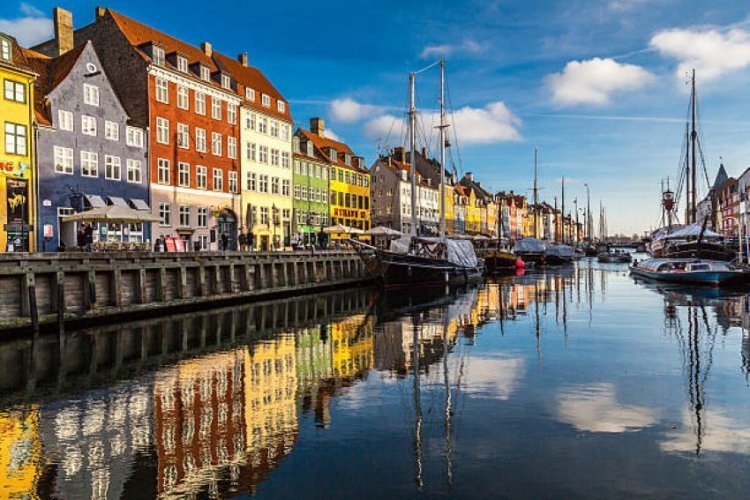AN ARTIFICIAL ISLAND: Activists are already protesting, although it will not be available until 2070
More than 35,000 people will live on this artificial island whose goal is to protect the port of Copenhagen.

The Danish parliament has approved the construction of an artificial island near Copenhagen, and it will be inhabited by 35,000 people.
This large island will be connected to the mainland by tunnels, subways, and bypasses.
The total area of this artificial island, which will be called Lynetteholm, is 2.6 square kilometers, and its task will be to protect the port of Copenhagen from rising sea levels. However, there are those who are against the Lynetteholm project, which will start by the end of this year. These are environmental activists who fear that it could negatively affect the environment, due to its construction.
Lynetteholm would have a dam that would protect the port from stormy weather and rising water levels. If everything goes according to plan, the foundation of this project will be laid by 2035, and the entire project will be ready by 2070, reports the BBC. Environmental groups have filed a case against the development of this project before the European Court of Justice (based in Luxembourg).
One of the fears is how many vehicles would be involved in this project. One estimate is that about 350 trucks will transport the material every day once construction begins. Lynetteholm artificial island needs more than 80 million tons of land, and the local media point out that it will be the size of 400 football fields.
Another concern of the activists is sediment (sediment removed from the water), they note that the construction would affect the ecosystem and water quality. Activists gathered in front of the parliament building in Copenhagen to protest against this decision, which was voted for by 85 members, and 12 were against it.
By: Angelica W. - Gossip Whispers




























